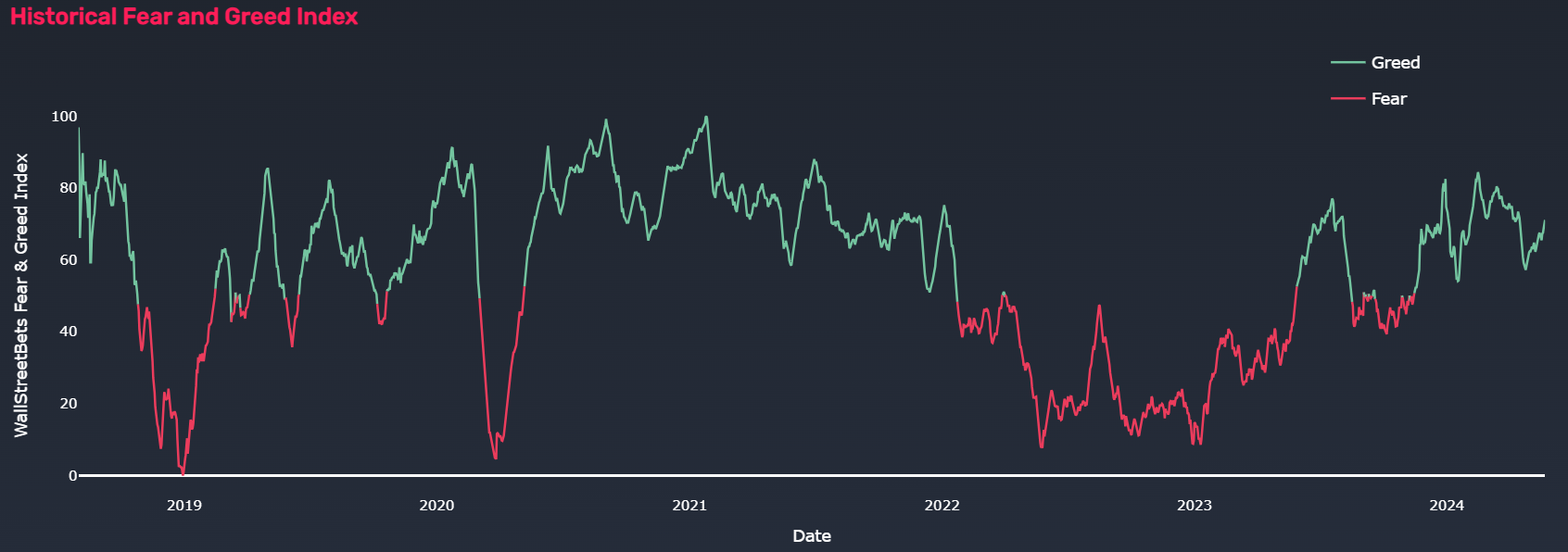October’s Earnings Season and What It Means for You!

If you’re reading an influx of good and bad news about companies’ health and the economy, it isn’t just because of all the Fed talk and global activity but because it is earnings season! Earnings season lets investors peer into the financial health of the market while propping it up against previous predictions.
What is it? What’s being reported? What’s influencing this year’s reports? And how does alphaAI tackle the fluctuations seen in the market? Keep reading to find out!
What is earnings season?
Obviously, investors and major traders get their information from somewhere, and quarterly earning reports play a major role. The earnings season is characterized as the period of time when publicly traded companies release their quarterly earnings.
Earnings season is an active time for investors because it can impact the positions of a company. This is especially true in the current climate of interest rates, inflation, and the geopolitical complexities unfolding in the Middle East. It impacts a position as it gives a concrete visual of a company’s health, so if it outperforms expectations, it will go up, causing investors to jump in on the stock. However, the company’s position will drop if it falls short of expectations.
What has already been reported?
Typically, earnings season lasts 6 weeks, and this year, quite a bit of good news has come out, dominating sentiment around the market, followed by some serious implications potentially predicting future market movements.
Good news:
JPMorgan, Citigroup, and Wells Fargo beat expectations for performance, securing major banks as unwavering, settling some investors’ worries over bank closures. Along with the major banks, Tesla and UnitedHealth Group have projected far outpacing analysts' expectations for Q3 earnings this year.
Bad news:
According to Morningstar, the worst-performing companies thus far include Hawaiian Electric, FarFetch, and Chewy. Along with the stragglers, Rite Aid officially filed for bankruptcy following the opioid lawsuits and projections for poor performance from Netflix, Meta, and, most significantly, Target.
What is influencing this year's earnings reports?
There’s been a remarkably positive reaction to reports thus far, especially with banks reporting better-than-expected performances. However, if the bar is set low, and the performance beats the expectations, does it really indicate the market is performing well?
Jamie Dimon says it’s “the most dangerous time the world has seen in decades.” Despite JPMorgan’s phenomenal performance in Q3, the CEO articulated that “the war in Ukraine compounded by last week’s attacks on Israel may have far-reaching impacts on energy and food markets, global trade, and geopolitical relationships.” This means that just because there was positive performance in earnings reports doesn’t mean the market is clear of geopolitical activities impacting the United States economy.
Along with Dimon’s statements, Patrick Harker, president of the Federal Reserve Bank of Philadelphia, stated, “We are at the point where we can hold rates where they are,” which encouraged a positive sentiment; however, some believe signals a recession. No matter the win, the downturns keep coming.
How does alphaAI help portfolios navigate earnings season?
Timing the market is notoriously difficult, especially with reports coming out left and right, ongoing wars, and uncertainty in the economy, but alphaAI's AI technology can help you make better decisions during earnings season. By analyzing historical data points, alphaAI can predict which companies will likely beat or miss analyst expectations. This information can be used to make more informed investment decisions and potentially beat the market without being influenced by outside sources.
In addition to its predictive capabilities, alphaAI automates essential portfolio management functions like risk management and downside protection. This can help to protect your investments during downturns and times of high volatility.
Using alphaAI's AI technology and portfolio management features, you can make better investment decisions and build wealth over the long term rather than flopping around from company to company during earnings season.
Supercharge your trading strategy with alphaAI.
Discover the power of AI-driven trading algorithms and take your investments to the next level.

Explore Our Journal
Stay updated with our latest blog posts.

Using Quiver Quantitative’s Fear and Greed Index to Manage Leveraged ETF Volatility For More Successful Investment Outcomes

Santa Claus Rally: Stock Market's Holiday Surge




